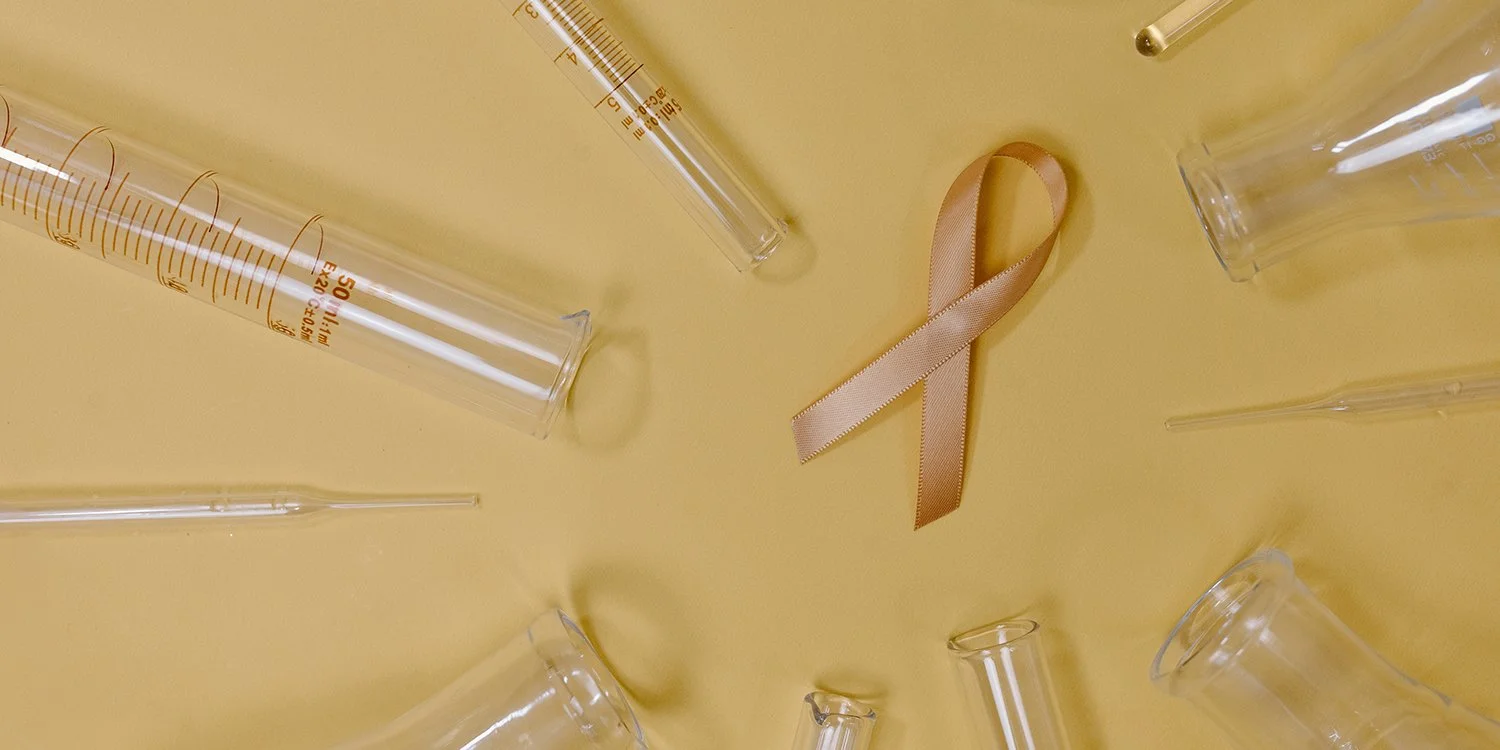Understanding The Tumor Board
The All4Cure Study is a version of a study that originally started at the University of Washington. It’s always been focused on patients with metastatic triple negative breast cancer, which is an aggressive form of breast cancer.
Sadly, most patients diagnosed with metastatic triple negative breast cancer typically live for 12-18 months. The reason it’s called triple negative is because other forms of breast cancer have markers that oncologists can target with specific drugs. Unfortunately, this type of cancer doesn’t have any of those markers—which makes it very difficult to treat. 15% of patients with breast cancer have triple negative breast cancer, and unfortunately do not respond to traditional treatments targeting the three most common markers—estrogen positive, HER2 positive, and progesterone positive.
Without a specific marker to target, typically, these patients are put on a general course of chemotherapy. The hope is that the tumor shrinks and any residual tumor can be removed with surgery. If this doesn’t work and the cancer metastasizes, the patient is generally put on a different kind of chemotherapy until they become resistant. Typically, this is the route for patients diagnosed with triple negative breast cancer until the cancer is no longer responsive to treatment.
After watching countless patients walk this extremely difficult path, in 2013, Dr. Tony Blau, Dr. Sibel Blau, and Dr. Frank Senecal decided to design a study to provide hope for patients fighting metastatic triple negative breast cancer. In this study, they analyzed tumors from patients and attempted to find markers that could lead to treatment through a process called molecular profiling. This involves sequencing the DNA and RNA from tumors.
Caris Life Sciences has partnered with The South Sound CARE Foundation in this study and provides the molecular profiling at no cost.
Here’s how the process generally works:
· Once the tumor has been sent to Caris Life Sciences for testing, it generally takes 2-3 weeks to receive results.
· In the meantime, the patient will begin treatment.
· Once we receive the information, CARE will host the first internal Tumor Board meeting with CARE doctors and researchers and the two scientists in the area from Caris. We typically look at two cases at the first meeting and begin to wrap our arms around the data.
· At the meeting, we’ll discuss the patient’s clinical history and relevant biomarkers that have a known involvement in cancer.
· A treatment summary, notes, and any additional information is then uploaded and sent to a virtual Tumor Board hosted by Caris—a group of oncologists and scientists from around the country who specialize in different areas of cancer.
· The case is open for a week for doctors to review the patient summary, treatment history and timeline, molecular profiling results, and any additional notes.
· Tumor Board members then review the case, ask questions, and provide feedback, and weigh in with their analysis of the case and treatment options.
· Caris will then compile the comments and summarize them into a findings report and the report is sent to the patient’s oncologist.
· Our team then assembles a list of trials and treatment options that we think could be helpful to the patient based on what we’ve found in our analysis.
This level of care and attention is essentially unheard of. By doing a deep dive into the molecular features of the cancer, the Tumor Board seeks to find a vulnerability that might lead to better treatment options for the individual patient.
This cutting-edge process gives hope to patients fighting a devastating disease. Your support makes this unparalleled level of care possible for patients fighting cancer in the South Sound.

